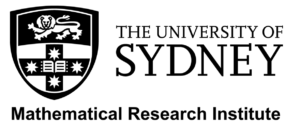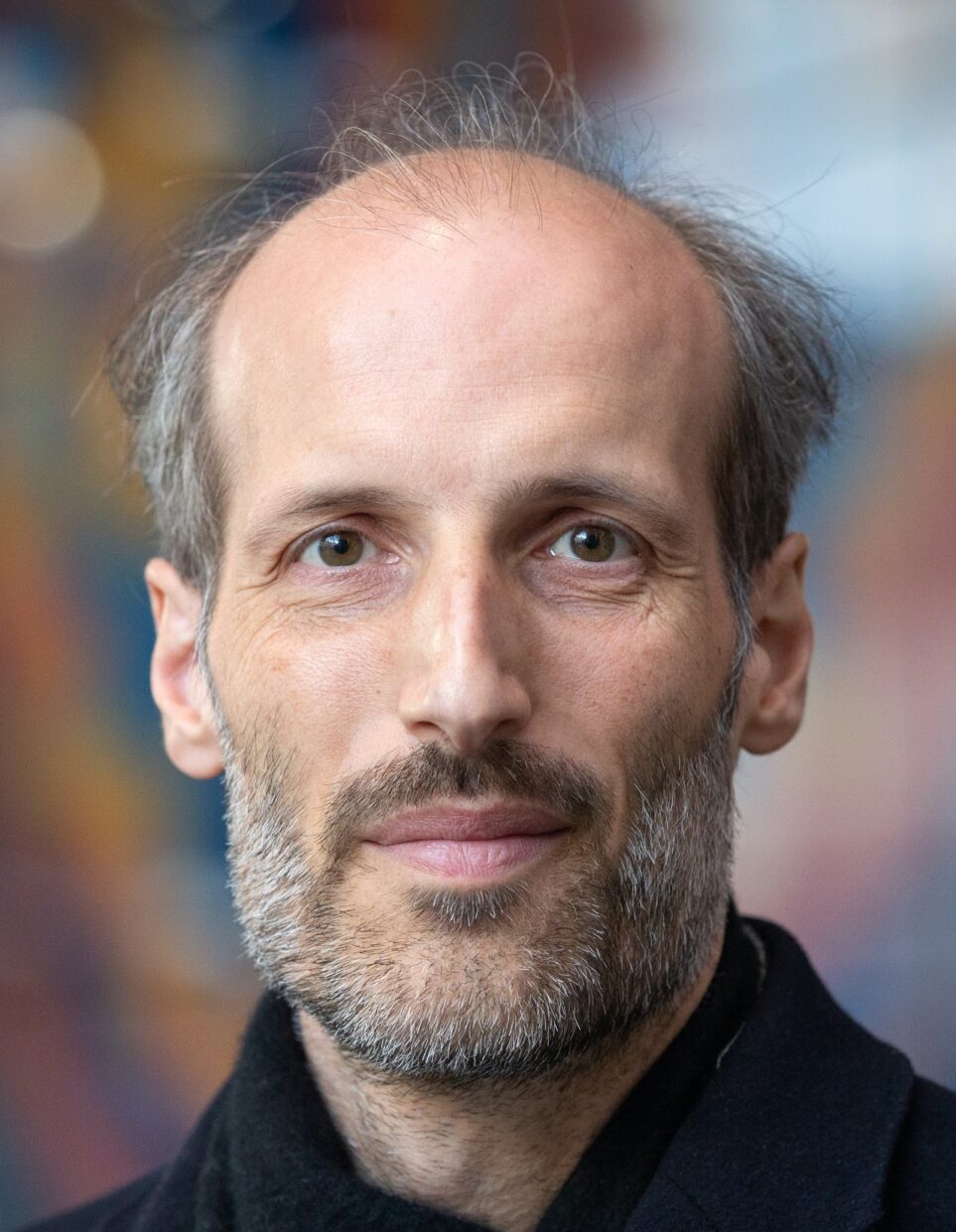-
3 Feb 2021 - 19 Feb 2021
8:00 pm - 10:00 am
Organisers:
Beniamin Goldys (Sydney University)
Ngan Le (Monash University)
Pierre Portal (Australian National University)
Program Description:
In February 2021, join us for an symposium as we explore the mathematics of Fields Medallist and Breakthrough Prize winner Martin Hairer, Professor of Mathematics at Imperial College London.
The symposium will feature talks by Professor Hairer on his work in stochastic analysis and lecture discussions including an accessible colloquium. The symposium will also feature talks by Australian mathematicians and workshop sessions. The talks will take place at various locations across Australia and will be broadcast online.
Whether you just want a broad introduction to Martin Hairer’s mathematical world, or you are keen to gain a deeper understanding of some of his techniques, this online symposium is the right event for you!
The symposium is organised by Beniamin Goldys (The University of Sydney), Ngan Le (Monash University) and Pierre Portal (The Australian National University), and jointly supported by the Sydney Mathematical Research Institute (SMRI) and MATRIX.
The symposium will be a three-week event to take place over 1 Feb – 19 Feb 2021, with final dates to be confirmed.
For more information visit the symposium homepage
Schedule: Please see here for more information
Wednesday February 3: Colloquium talk – Prof. Martin Hairer
8pm-9pm (AEDT) (Melbourne)
5pm (CST) (Beijing, China)
2:30pm (IST) (New Delhi, India)
10am (CET) (Berlin, Germany)
9am (GMT) (London, UK)
4am (EST) (New York, USA)
1am (PST) (LA, USA)
Title: Taming infinities
Abstract: Some physical and mathematical theories have the unfortunate feature that if one takes them at face value, many quantities of interest appear to be infinite! What’s worse, this doesn’t just happen for some exotic theories, but in the standard theories describing some of the most fundamental aspects of nature. Various techniques, usually going under the common name of “renormalisation” have been developed over the years to address this, allowing mathematicians and physicists to tame these infinities. We will dip our toes into some of the conceptual and mathematical aspects of these techniques and we will see how they have recently been used in probability theory to study equations whose meaning was not even clear until recently.
Thursday February 4: Survey of research directions – Prof. Martin Hairer
8pm-9pm (AEDT) (Melbourne)
5pm (CST) (Beijing, China)
2:30pm (IST) (New Delhi, India)
10am (CET) (Berlin, Germany)
9am (GMT) (London, UK)
4am (EST) (New York, USA)
1am (PST) (LA, USA)
Title: Open problems and conjectures in SPDE theory
Abstract: We will survey a number of open problems and conjectures both within SPDE theory and linking SPDE theory to other areas of mathematics.
Tuesday February 9: Students activity
A set of Honours student level video lectures on regularity structures, designed by Zihan Zhang (Honours student at ANU, supervised by P. Portal), will be made available to student participants. They will be complemented by discussions over Zoom, led by Zihan and Pierre. This activity will prepare students so that they can fully benefit from Professor Hairer’s mini course.
Wednesday February 10: Talks by Australian mathematicians
A/Prof. Pierre Portal
Title: Paradifferential calculus and SPDE
Abstract: We will present an approach to singular SPDE given in a celebrated paper of Gubinelli, Imkeller, and Perkowski entitled “Paracontrolled distributions and singular PDEs” (Forum Math. Pi 3 2015). This approach can be seen as a harmonic analytic cousin of Martin Hairer’s regularity structures.
Thursday February 11: Talks by Australian mathematicians
Dr. Xi Geng
Title: Rough Path Theory and Its Applications in Stochastic Analysis
Abstract: The theory of rough paths, which was originally developed by T. Lyons in 1998, provides an analytical approach to study differential equations driven by irregular paths that goes beyond Ito’s classical framework of stochastic calculus. To some extent, it is a one-dimensional version of Martin Hairer’s theory of regularity structures and provides some important insights towards the development of this more general theory. In this talk, we outline the essential ideas of rough path theory and survey its applications in the study of stochastic differential equations driven by Gaussian rough paths. Some of the fundamental works, such as ergodicity and smoothness of density, were due to Martin Hairer and his collaborators.
Friday February 12: Talks by Australian mathematicians
Prof. Jan De Gier
Universality, and a mathematical physics perspective on the KPZ equation. More details coming soon
Wednesday February 17: Mini-course Part I – Prof. Martin Hairer
8pm-9pm (AEDT) (Melbourne)
5pm (CST) (Beijing, China)
2:30pm (IST) (New Delhi, India)
10am (CET) (Berlin, Germany)
9am (GMT) (London, UK)
4am (EST) (New York, USA)
1am (PST) (LA, USA)
Title: Introduction to regularity structures I
Thursday February 18: Mini-course Part II – Prof. Martin Hairer
8pm-9pm (AEDT) (Melbourne)
5pm (CST) (Beijing, China)
2:30pm (IST) (New Delhi, India)
10am (CET) (Berlin, Germany)
9am (GMT) (London, London)
4am (EST) (New York, USA)
1am (PST) (LA, USA)
Title: Introduction to regularity structures II
Friday February 19: Discussion meeting -Prof. Martin Hairer
9am-10am (AEDT) (Melbourne)
6am (CST) (Beijing, China)
3:30am (IST) (New Delhi, India)
Thursday 18 Feb @11pm (CET) (Berlin, Germany)
Thursday 18 Feb @10pm (GMT) (London, UK)
Thursday 18 Feb @5pm (EST) (New York, USA)
Thursday 18 Feb @2pm (PST) (LA, USA)
Registration:
- Please follow this LINK to register. Registration is free and allows you to choose which activities you would like to participate in. Registered participants will receive program updates and relevant Zoom/YouTube links via email.



